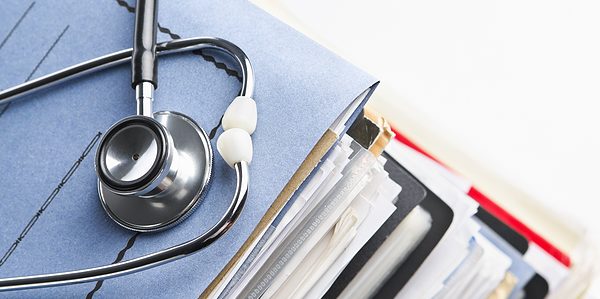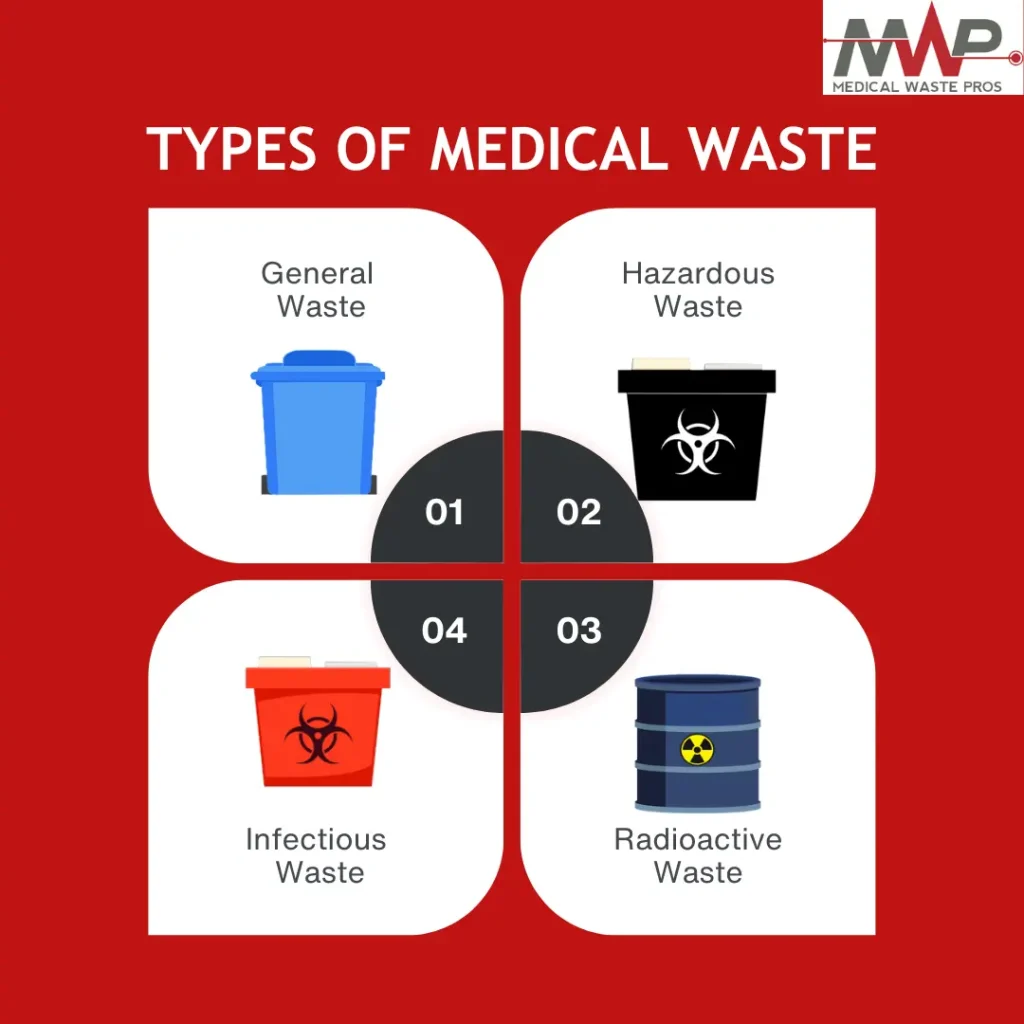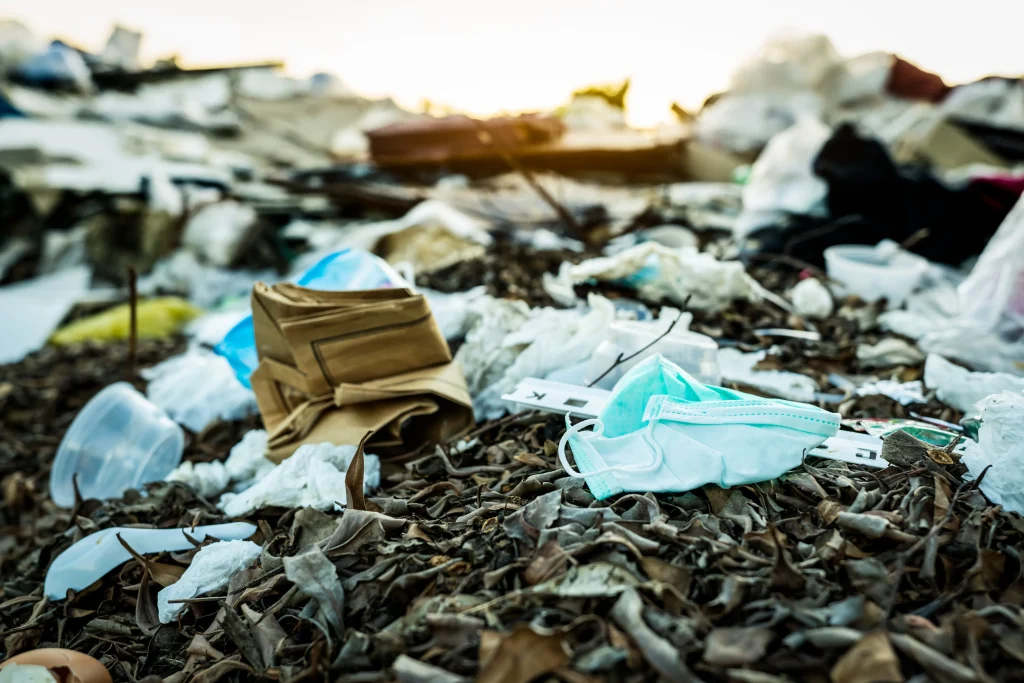What is General Medical Waste?

General medical waste makes up the majority of waste generated by the healthcare industry. This type of medical waste is not infectious and does not pose a risk to the public. It includes things like office waste, paper, and plastics. General medical waste can be disposed of regularly and does not require special handling.
Other Types of Medical Waste
Medical waste is a subset of waste created by the healthcare industry. This covers a wide range of materials and can be broken down into 4 categories – general waste, hazardous, infectious, and radioactive. Medical providers should identify medical waste that poses a significant risk of causing infection or injury and separate that waste as needed.
Careful medical waste disposal and containment are critical before and after collection. OSHA, the CDC, the FDA, and other regulatory bodies mandate measures for the proper handling and discarding of regulated medical waste items. These regulations protect healthcare workers, patients, and others who handle medical waste prior to disposal.

Training medical and janitorial staff in the proper handling and disposal of medical waste is essential in maintaining legal compliance and preventing the spread of disease. Medical Waste Pros provides compliance training programs to educate your staff and mitigate risk for your organization. We also offer licensed medical waste services to safely dispose of all categories of medical waste.
The Importance of Proper Disposal
Medical waste from the 3 other categories, should never be disposed of with general medical waste. Hazardous, infectious, and radioactive waste require safe containers, color-coding, and specific labeling before disposal. Regulated waste placed in general trash can puncture the bag. This can cause exposure to contagious diseases and sharps that can cause injury.

When disposed of improperly, medical waste causes health, environmental, and compliance issues. Properly collected and stored potentially infectious waste minimizes human health risks. Color-coded, leak-proof, and puncture-proof containers keep both medical workers and waste workers safe from exposure to injury and diseases.
Incineration and other disposal methods keep medical waste out of landfills and oceans, preventing hazardous pollution and harm to animal populations. It also prevents medical waste from contaminating the air, soil, and groundwater; leading to a number of environmental dangers.
There are a number of regulating bodies that provide guidelines and mandates for the safe handling and disposal of medical waste. Non-compliance can result in legal and financial penalties, harming your ability to provide adequate medical care.
Learn More about Safe Disposal with Medical Waste Pros
Ensure that you are protecting your organization, patients, and staff through Bloodborne pathogens and HIPAA compliance training, as well as reliable medical waste services. Medical Waste Pros will connect you with certified and secure medical waste disposal companies in your area. Call us at 855-755-6370 or fill out the form to receive free quotes on our programs today.










